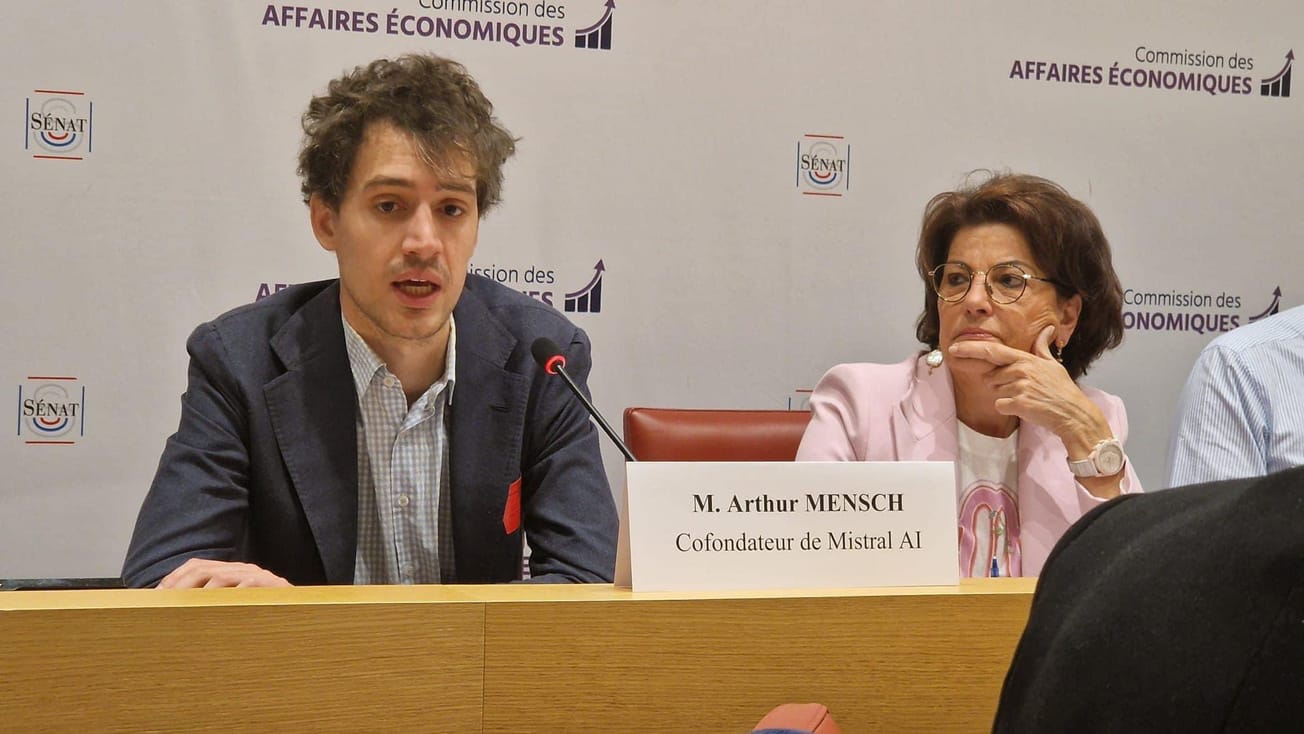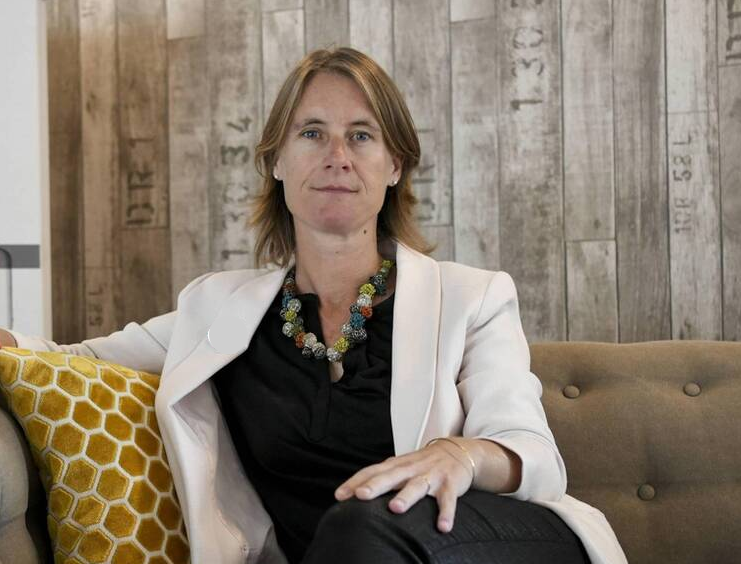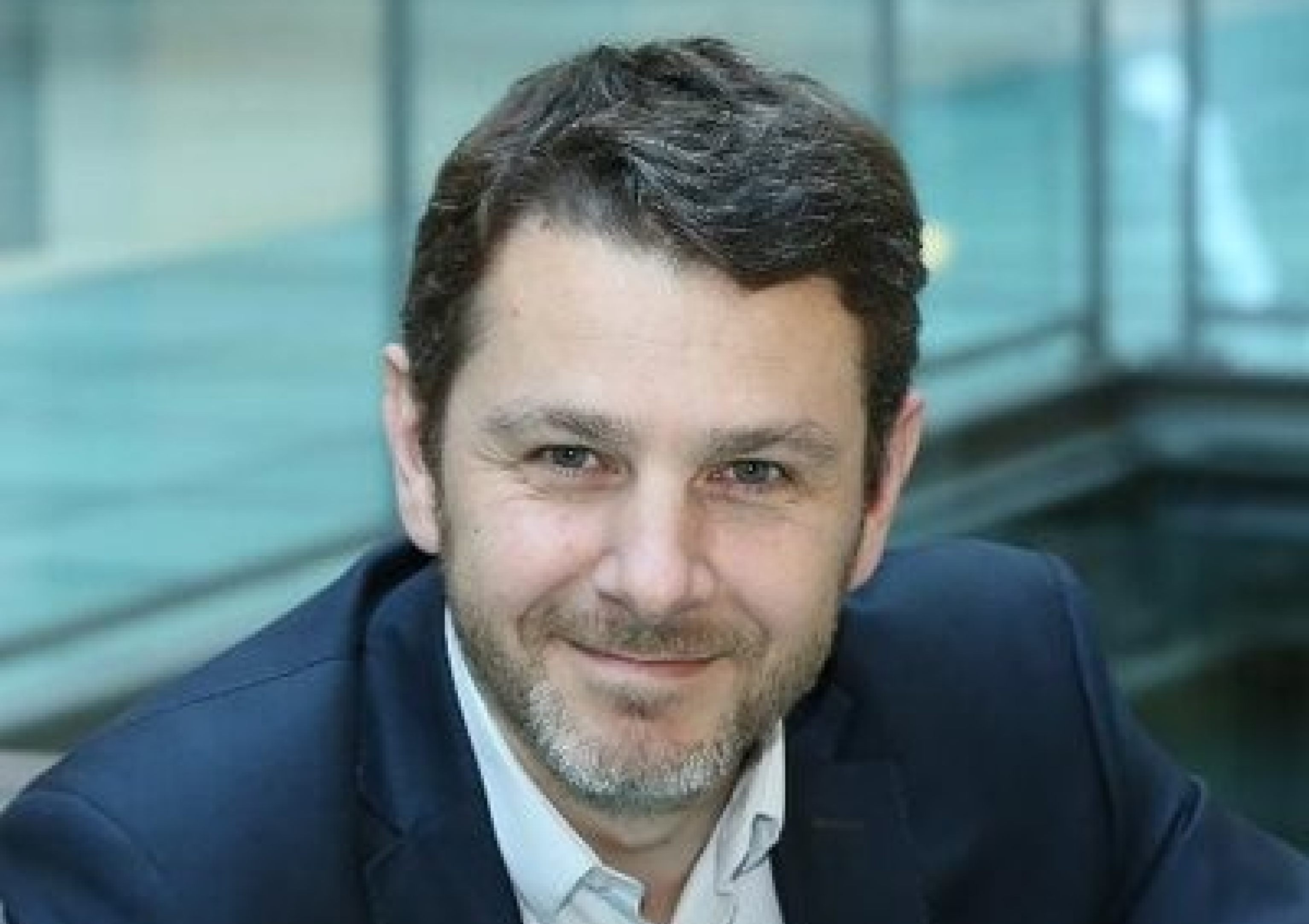After the funding fest of the past couple of years, 2023’s complicated economic and geopolitical context has meant that Investors have been less forthcoming. News of tech layoffs amid plummeting valuations and deal transactions make for a bleak outlook.
Have we hit rock bottom on the European startup financing front or is there light at the end of the tunnel? As PitchBook has just released their Q2 State of European Venture Capture report we tracked down Nalin Patel, lead analyst EMEA Private Capital at PitchBook to find out.

Q: What are the biggest takeaways of the state of European venture report for the first half of 2023?
NP: Overall, as we move into Q3 we’re continuing to witness a global downturn in dealmaking, fundraising, and valuations driven by higher interest rates, continually high inflation, and a stricter monetary policy. Deal value in the first half of 2023 dropped by 34.2 % in comparison to the second semester in 2022 and is down 61% compared to the same period in 2022. Capital is generally harder to come by and startups are finding it harder to grow.








